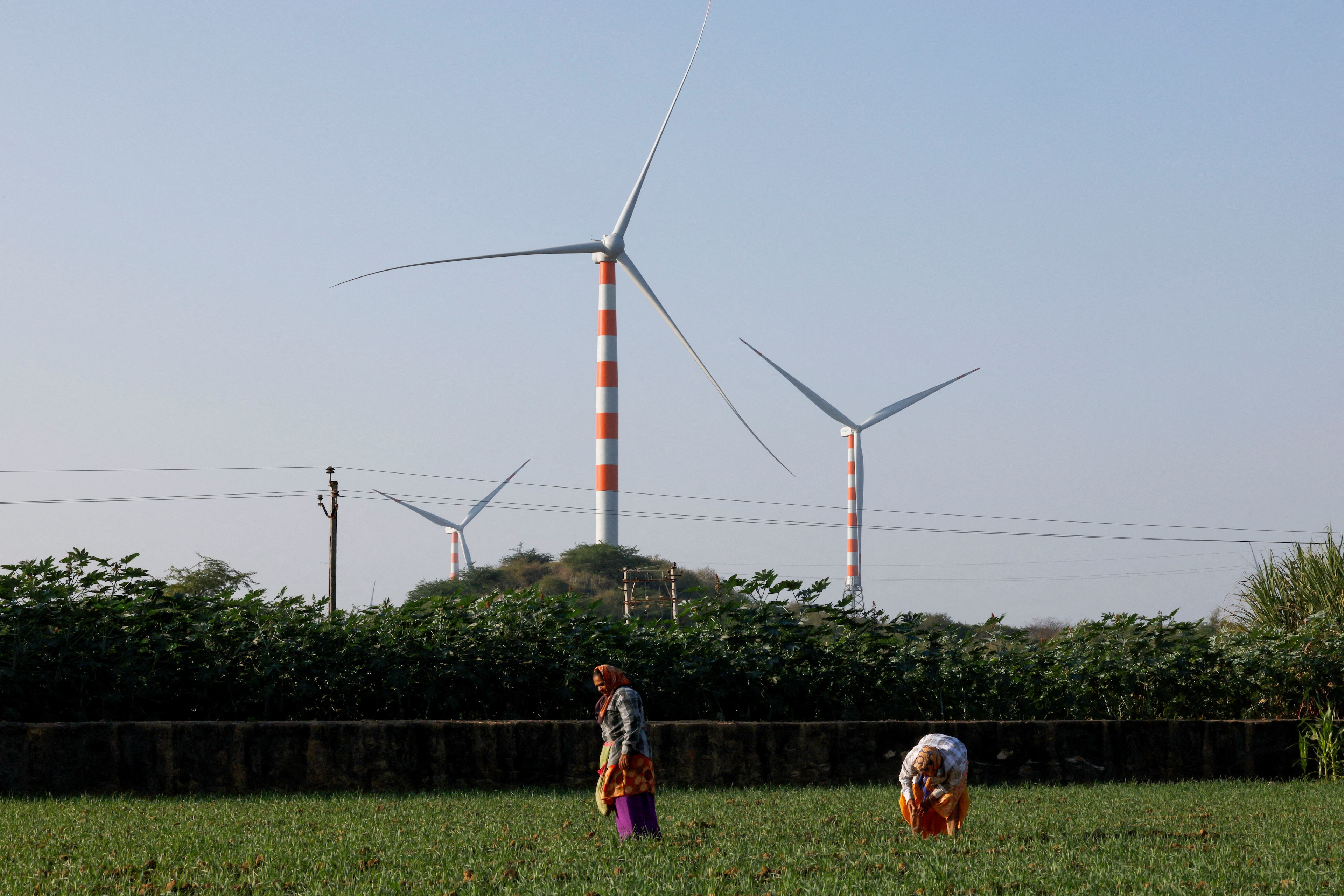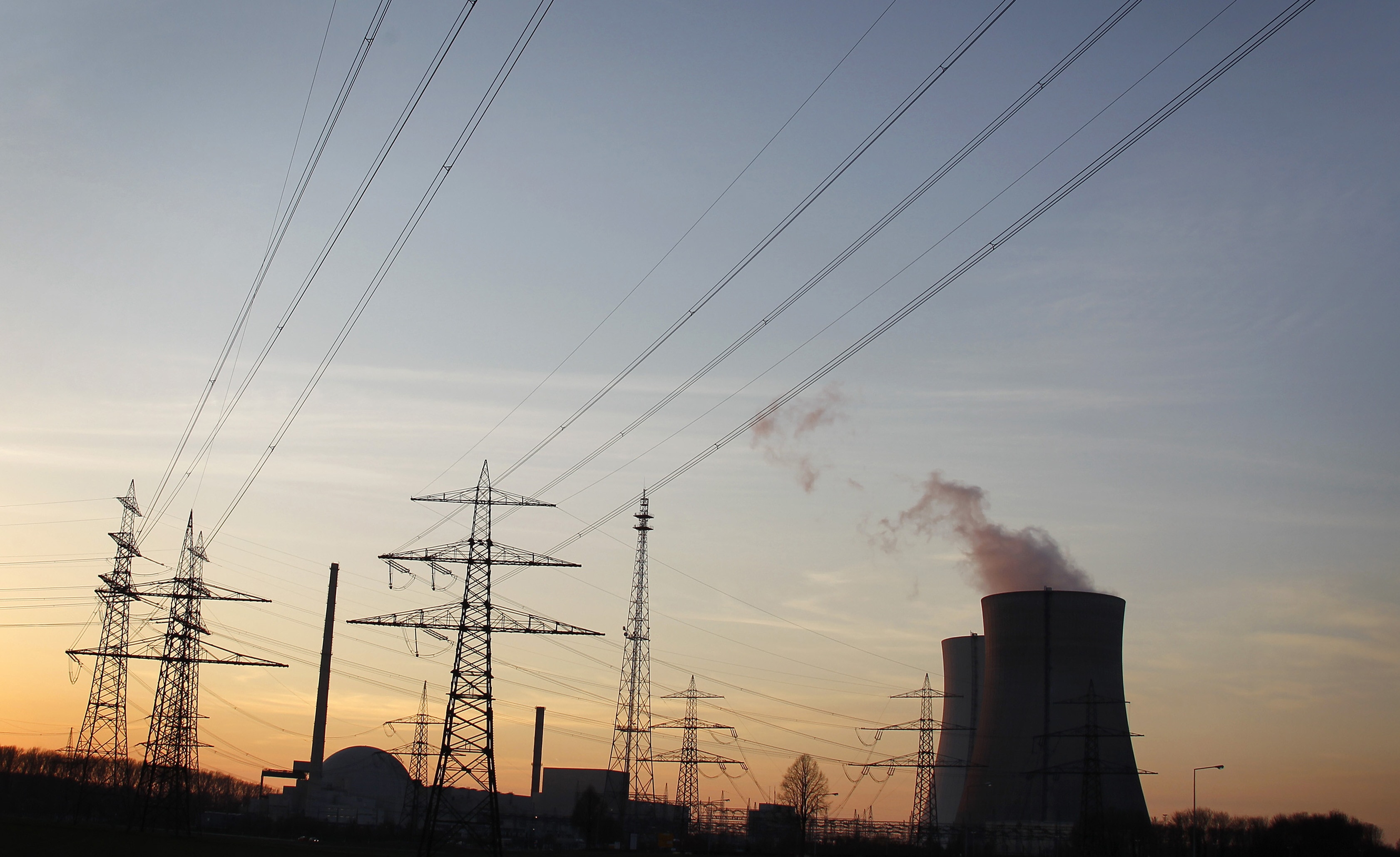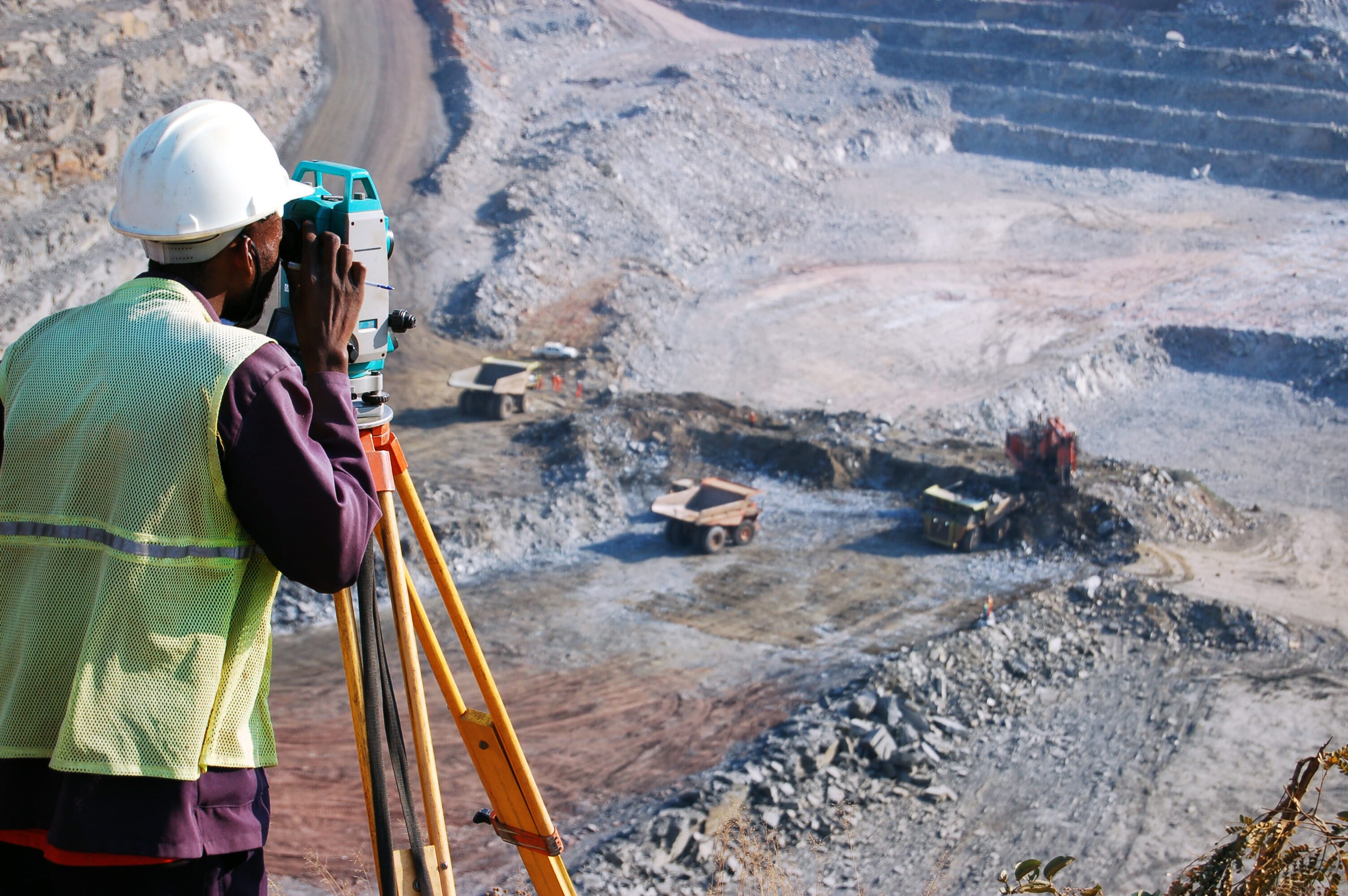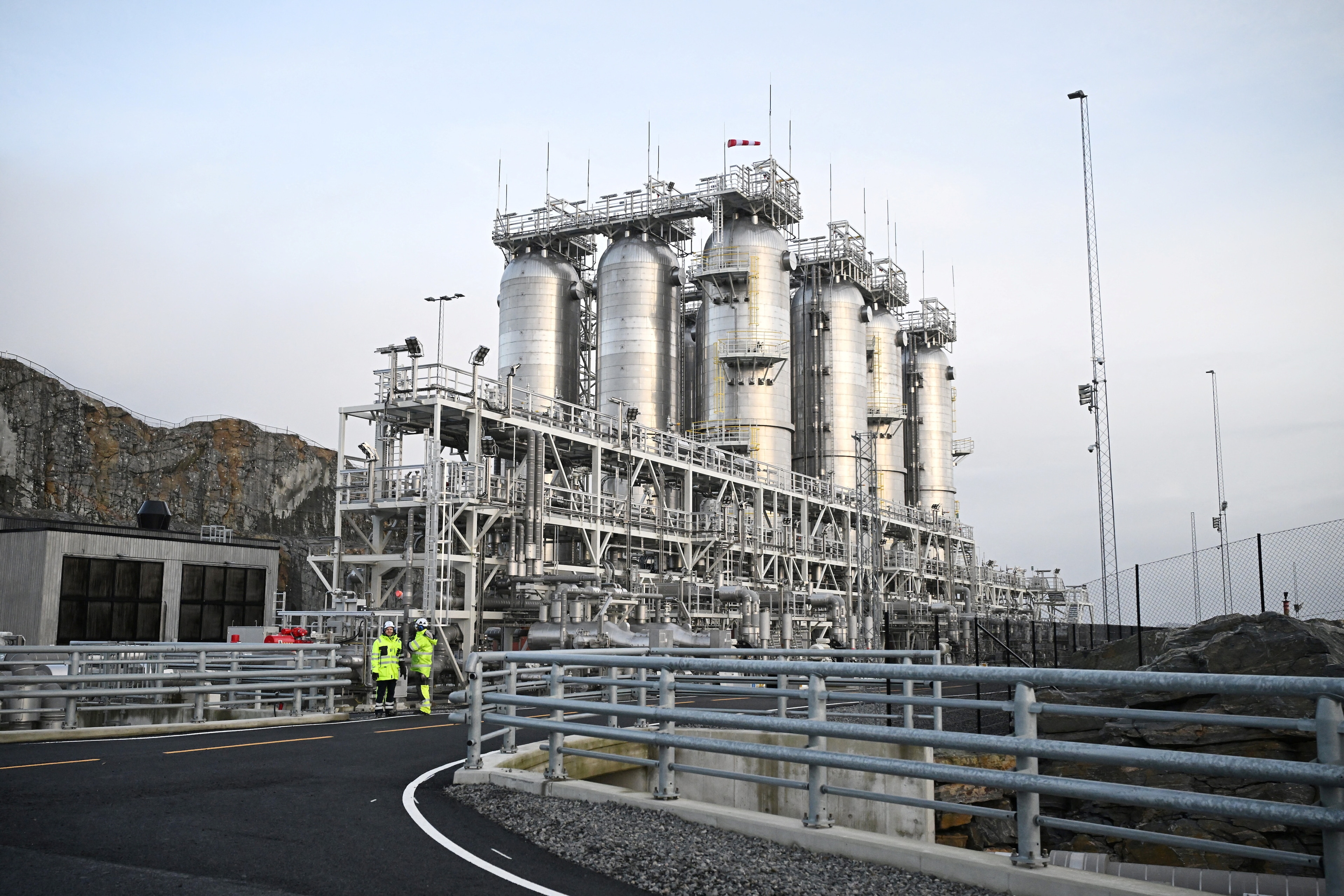Why we need international data sharing on critical minerals

Critical minerals are key to clean energy technologies.
Matthew Wittenstein
Chief of Section for Energy Connectivity, United Nations Economic and Social Commission for Asia and the Pacific (UNESCAP)Stay up to date:
Modern Mining
- Critical minerals are key inputs for green energy technologies and energy security.
- Insufficient data on minerals is causing uncertainty for producers and consumers.
- Policy-makers can facilitate the energy transition and energy security by supporting international data sharing.
Critical minerals such as lithium, cobalt and nickel are key inputs for clean energy technologies. They could become highly important for the global economy like crude oil is today and, thus, play a major role in energy security. However, insufficient data on minerals consumption, production, trade and inventories is causing uncertainty for consumers and producers, leading to price volatility and possibly delaying much needed investment to meet a growing demand. Countries and private companies can facilitate the energy transition and mitigate energy security concerns by supporting international data sharing.
Critical minerals are key inputs into green technologies
The energy transition implies a significant increase in minerals demand as renewables and electric cars are more minerals-intensive than their conventional counterparts. For example, under the International Energy Agency’s (IEA) net-zero emissions scenario, lithium and cobalt consumption increases more than 20 and 5-fold, respectively, over the next two decades. Energy security will become less dependent on fossil fuels but more so on critical minerals.

Lack of market data
A lack of international sharing of data on the consumption, production and inventories of many critical minerals creates uncertainty. While there are ample data for fossil fuels and established minerals and metals such as copper and nickel, there is much less information about, and no globally authoritative source for, data on the trade supply of, and demand for, critical minerals such as lithium, graphite and cobalt. This makes it difficult to assess market imbalances and increases price volatility, making investment decisions for both producers and consumers challenging.
Assessing market imbalances on a timely basis is becoming more important, because estimates suggest that, amid sizable price increases, the global market value of critical minerals could rival that of oil. In a net-zero emission scenario the combined production value of copper, nickel, cobalt and lithium could climb from roughly $130 billion in 2020 to more than $700 billion in 2040 — well above the estimated total value of oil production of about $400 billion in 2040 (assuming an oil price of $30 per barrel; according to Boer and others, 2021, 2023).
Markets for critical minerals are vulnerable
Critical minerals markets are highly concentrated — more so than oil markets — making them vulnerable to geoeconomic fragmentation. For example, about 70% of the global cobalt production is in the Democratic Republic of the Congo (see Figure 1). In comparison, the global production share of the top three crude oil producers is only about 40%. Moreover, supply is very inelastic, as opening new mines can be a decade-long process. Overall, these factors make the production of critical minerals vulnerable to disruptions from natural catastrophes, wars, and fragmentation in investments and trade. Another reason why timely data at a global scale is important for firms and traders.

A data-sharing initiative
Policy-makers can facilitate the energy transition and energy security by putting increased focus on critical minerals and taking actions to help expand their supply. A data sharing initiative would strengthen international cooperation on critical minerals. Essential actions include the following:
First, launching an international institution or initiative to collect and share data on critical minerals markets. This could be analogous to the interagency and intergovernmental data-platforms for fossil fuels and agricultural goods, namely the Joint Organizations Data Initiative on Oil and Gas (JODI) and the Agricultural Market Information System (AMIS). There are numerous national and regional databases for minerals (for example, the ASEAN Mineral Database and Information System, or AMDIS), but no common approach to data collection, no harmonization of data formats, and limited data sharing among them. Like the IEA and the Food and Agricultural Organization (FAO), there is a need for an institution that could present and update the status of and outlook for critical minerals markets on a regular basis.
Second, ensuring broad participation in data sharing. As both advanced economies as well as emerging and developing economies are key producers and consumers of critical minerals, broad participation is key.
How is the World Economic Forum facilitating the transition to clean energy?
Third, sharing data on several frequencies and purposes. Shared data should ideally include annual and quarterly frequencies and cover data on the supply of and demand for critical minerals, including geological data, production and demand data, and data on global trade, as well as inventories of key minerals for the energy transition, by country (and with an ample country coverage). In addition, national geological surveys and international organizations could provide guidance, building on statistical standards and reporting templates that exist for some of the metals. Further, as consumers of critical minerals become increasingly concerned with the provenance and sustainability of these materials, it will be important to standardize and collect data on, for example, national policies and legal frameworks, and sustainability criteria (including environmental assessments and information on impacted communities).
As this initiative is developed, it will be important to keep in mind the central role emerging economies will play in the critical minerals supply chain. Increased access to market data and forecasts would help these countries as they prepare national development strategies and seek to move up the value chain. These countries also, however, often have significant capacity constraints when it comes to collecting data. It is therefore crucial that the initiative includes or is complemented by a capacity building effort to help target countries improve their ability to collect and disseminate critical minerals data.
Co-authors: Andrea Pescatori, Chief of the Commodities Unit in the Research Department and Lukas Boer, Economist in the Research Department IMF.
The blog is based on the IMF G20-Background Note on the Macroeconomic Impact of Food and Energy Insecurity, March 2023. The views expressed herein are those of the author and should not be attributed to the IMF, its Executive Board, or its management.
Accept our marketing cookies to access this content.
These cookies are currently disabled in your browser.
This blog is part of a series, written by members of the Securing Minerals for the Energy Transition (SMET) initiative, led by the World Economic Forum. The initiative seeks to identify and characterize the risks related to the increasing gap between the demand and supply of critical minerals needed for the energy transition and to propose strategies for their collective management.
Don't miss any update on this topic
Create a free account and access your personalized content collection with our latest publications and analyses.
License and Republishing
World Economic Forum articles may be republished in accordance with the Creative Commons Attribution-NonCommercial-NoDerivatives 4.0 International Public License, and in accordance with our Terms of Use.
The views expressed in this article are those of the author alone and not the World Economic Forum.
Related topics:
Forum Stories newsletter
Bringing you weekly curated insights and analysis on the global issues that matter.
More on Energy TransitionSee all
Valentin Chomel and Jacques-Alexis Verrecchia
August 14, 2025
Gaurav Upadhyay and Labanya Prakash Jena
August 8, 2025
David Timis
August 8, 2025
Forum Stories
August 6, 2025
Marina Colombo and Lynn Kappes
August 6, 2025
Sverre Alvik
August 5, 2025





